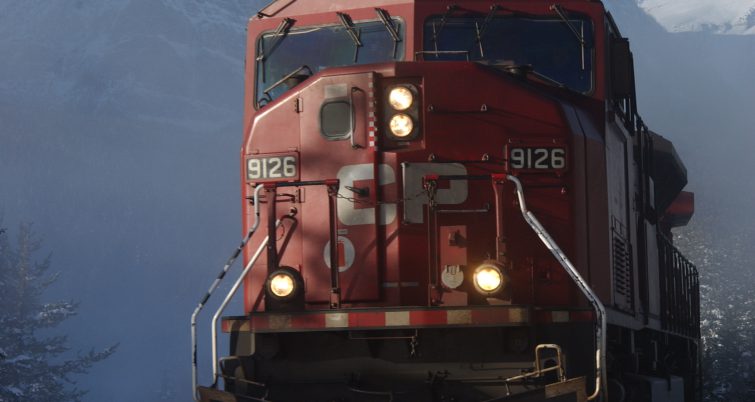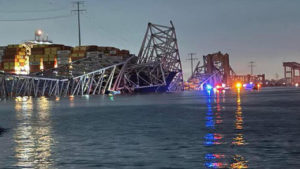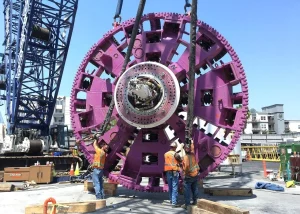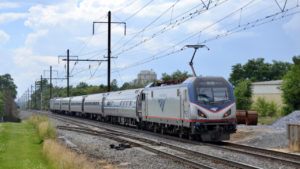CP plans overhaul of Rogers Pass tunnel
Written by Paul Conley
The Canadian Pacific Railway is planning extensive work in its famed Mount MacDonald Tunnel, the longest railway tunnel in the western hemisphere.
It’s our current most important asset,” John Leonardo, general manager for wayside train control and communications, said of the tunnel, which carries trains through Rogers Pass. “But it’s tired. The hardware for power, communications, signaling — it’s obsolete.”
Perhaps more troubling is that the state of the tunnel make it difficult to increase capacity. Clearing the air through obsolete ventilation systems is a slow process. “It can take 45 minutes to purge after each train,” he said.
It’s unclear just how much work will be needed at Rogers Pass. A spokesperson from CP was unable to provide details on the cost and scope of the project by press time.
Nor is it clear what sort of solutions are even available. As a first step, “we’ll be hiring a consultant to see what tech is out there,” Leonardo told attendees at the NRC Conference on Marco Island, Fla., earlier this month, estimating that it will “probably take us 5 to 10 years” to modernize the tunnel.
CP had earlier announced it is targeting five percent of its CA$1.6 billion (US$1.24 billion) in capital expenditure through 2020 toward information technology.
The CP built the MacDonald Tunnel through Rogers Pass between 1982 and 1988. “It’s based on the capacity requirements we had in the 80s,” Leonardo said, “Our railroad is very different today.”
The Mount Macdonald Tunnel and the associated grade revision on the eastern approach to Rogers Pass lead to a significantly gentler slope for westbound trains. The new track separates from the old grade at Rogers (approximately 15 miles east of the pass) and climbs at a lower grade. Numerous new bridges and the mile-long Mount Shaughnessy Tunnel were required to reach the pass. The Mount Macdonald Tunnel is nearly 300 feet lower than the Connaught Tunnel, which opened in 1916. On the west side of the pass, the Mount Macdonald Tunnel track rejoins the older line 3.4 miles west of the Connaught Tunnel. The reduction in the westbound ruling grades allowed the Canadian Pacific Railway to remove the pusher locomotives that had been required on the Connaught Tunnel route.
If you’re curious about the state of the Mount Macdonald Tunnel, check out the video below, taken six years ago. It clearly shows that the tunnel was in rough shape even then.
Rogers Pass, located in the heart of Glacier National Park, is a narrow valley surrounded by steep, mountainous terrain. The pass gets about 30 feet of snow a year, and is subject to avalanches from the surrounding mountains.





